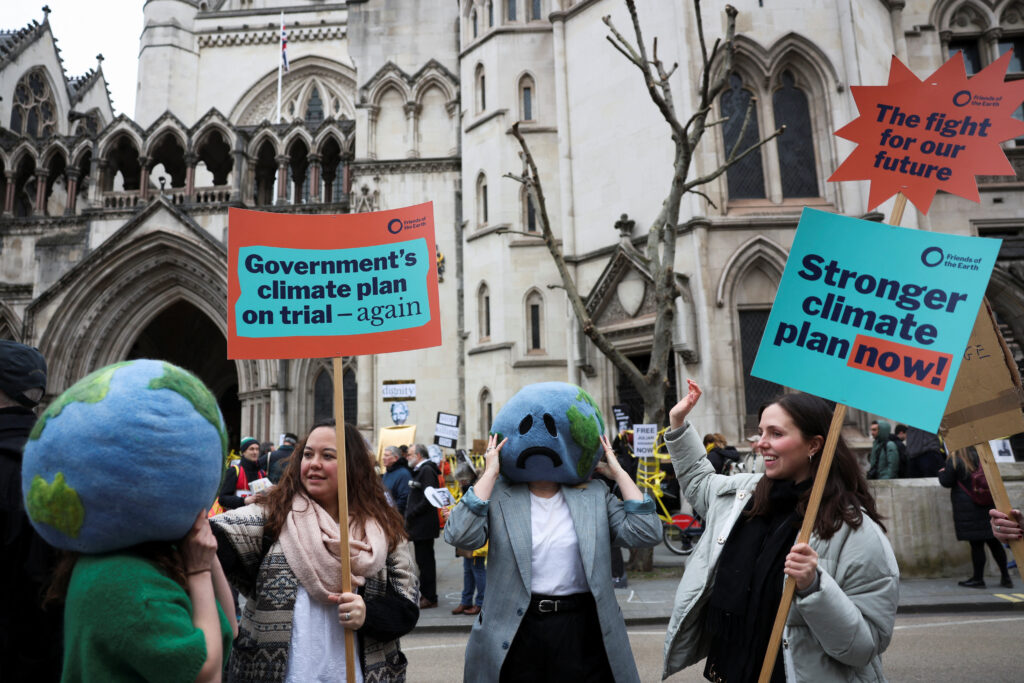Britain’s Climate Action Plan Deemed Unlawful, UK High Court Rules

The UK’s fight against climate change hit a roadblock after the High Court ruled its Carbon Budget Delivery Plan (CBDP) unlawful. This plan, outlining how the country would achieve its ambitious emissions reduction targets, was found lacking in crucial aspects.
The Flawed Plan: Unrealistic Ambitions and Lack of Transparency
The court identified several issues with the CBDP. Firstly, the details of the plan were deemed “vague and unquantified.” This lack of clarity made it impossible to assess how the UK would realistically achieve its goals of cutting emissions by over two-thirds of 1990 levels by 2030 and reaching net zero by 2050.
Secondly, the plan relied on the unrealistic assumption that all proposed policies would deliver their intended emissions reductions in full. The judge pointed out that the government failed to consider potential shortfalls or provide “risk tables” analyzing the likelihood of successful implementation. This lack of transparency hampered proper scrutiny and raised concerns about the government’s commitment to following through on its proposals.
The Fallout: Urgent Need for a Revised Strategy
The court’s decision has significant ramifications. The government must now create a revised plan within 12 months. This new iteration needs to demonstrably meet the UK’s legally binding carbon budgets and emissions reduction targets. The ruling has ignited criticism from environmental groups like Friends of the Earth and ClientEarth, who have long called the government’s approach “inadequate.” They see the court’s decision as an opportunity to push for a more robust and transparent climate action plan.
Political Landscape: Opportunity or Setback?
Opposition parties have seized this moment to highlight the government’s shortcomings. Politicians are calling for a “credible” and “lawful” plan that prioritizes tackling the climate crisis. The pressure is now on the government to demonstrate a renewed commitment to its environmental goals.
The Department for Energy Security and Net Zero (DESNZ) attempted to downplay the court’s ruling. They emphasized the UK’s “proud record” on climate change and argued that the judgment focused on procedural issues rather than the “detailed plans” already in place. However, the court’s decision raises questions about the effectiveness of those very plans and underscores the need for a more concrete and achievable strategy.
Related Article: World’s Largest Sovereign Wealth Fund Releases 2025 Climate Action Plan
Looking Ahead: A Critical Juncture for the UK’s Climate Action
The UK’s climate action plan being deemed unlawful is a cause for concern. It exposes potential gaps between the government’s stated ambitions and the practicalities of achieving them. The upcoming revised plan represents a critical juncture. The government has an opportunity to demonstrate its commitment to tackling climate change by developing a transparent, evidence-based strategy that prioritizes achieving its legally binding emissions targets. Whether they rise to the challenge or continue with an inadequate approach will be a defining factor in the UK’s fight against climate change.












